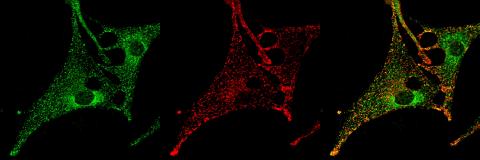
The Zippin lab employs a wide range of biological systems in its investigation of skin biology including genetically engineered mouse models, mouse and human cell lines, and tumor organoids. We use a variety of techniques such as biochemical, transcriptomic, proteomic, and mass spectrometry analyses to unravel the role of non-canonical cAMP signaling pathways in melanocytes, keratinocytes and T cells under normal and pathologic conditions. In many cases, we take an interdisciplinary approach to better understand how cAMP signals in the skin to establish novel biomarkers for disease and therapeutic targets. The Zippin lab is based in New York City in the department of dermatology of the Weill Cornell Medical College and NewYork-Presbyterian Hospital and has an active role in the department of pharmacology, Sandra and Edward Meyer Cancer Center, and the Englander Institute of Precision Medicine.
The Zippin lab welcomes a diverse set of talents including basic and translational scientists and fosters an interdisciplinary approach in its attempts to reveal the underpinnings of cAMP signaling pathways in skin disease and translate these findings into clinical innovation.

The Zippin lab seeks to understand how non-canonical cAMP signaling pathways and distinct cAMP micro domains function in normal skin biology and disease. Using this approach we have developed novel cancer diagnostics and therapeutic targets.